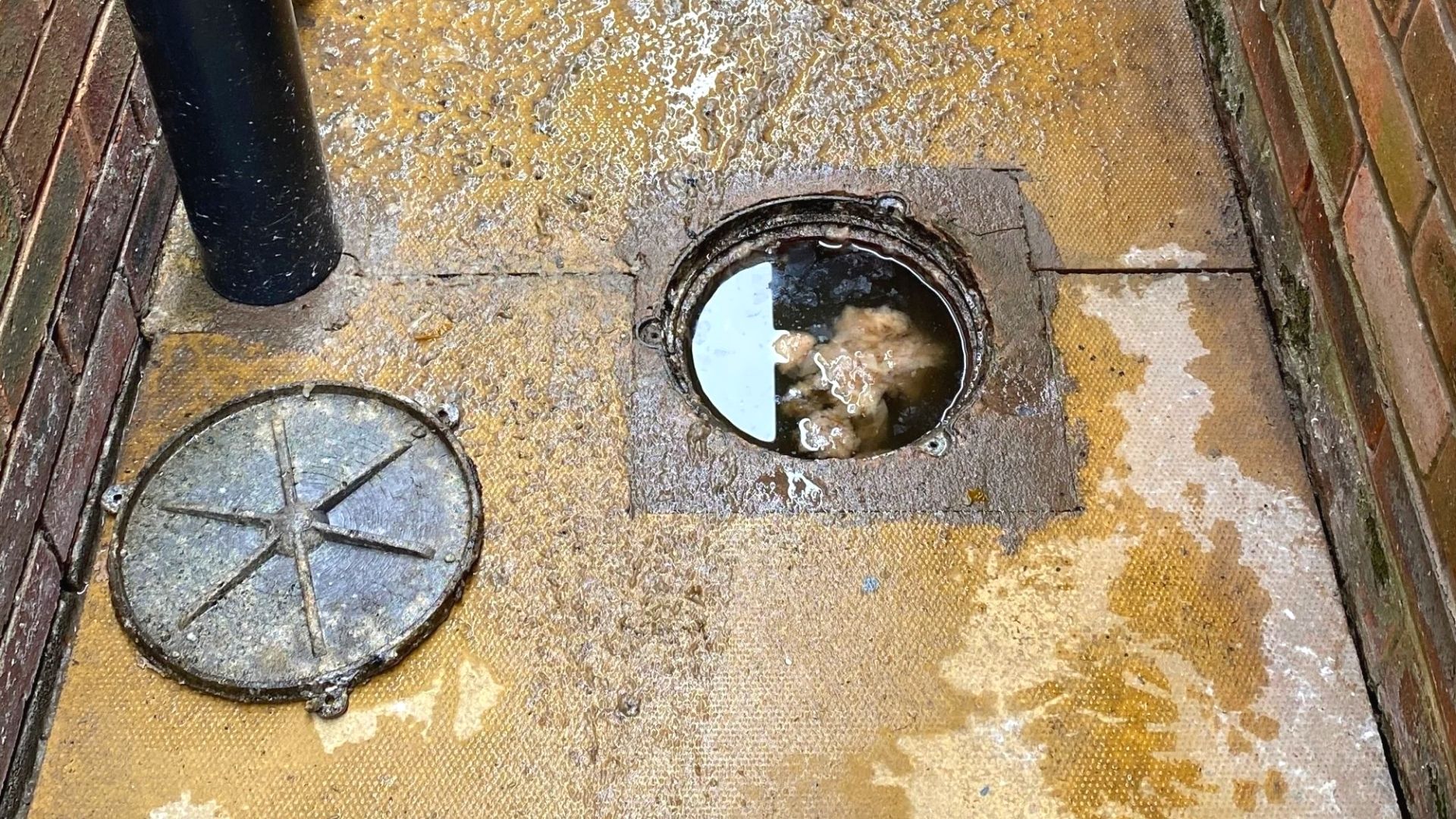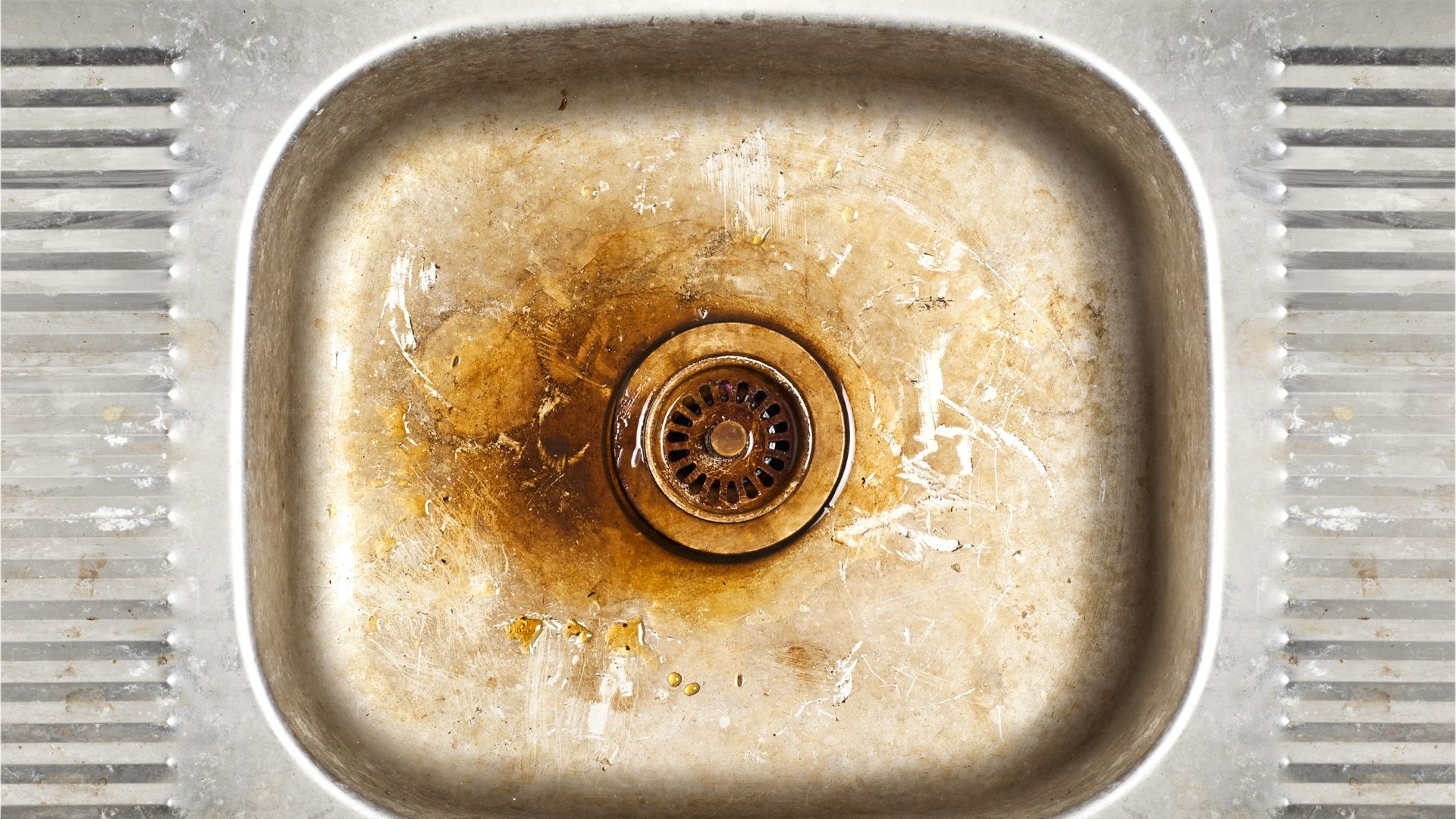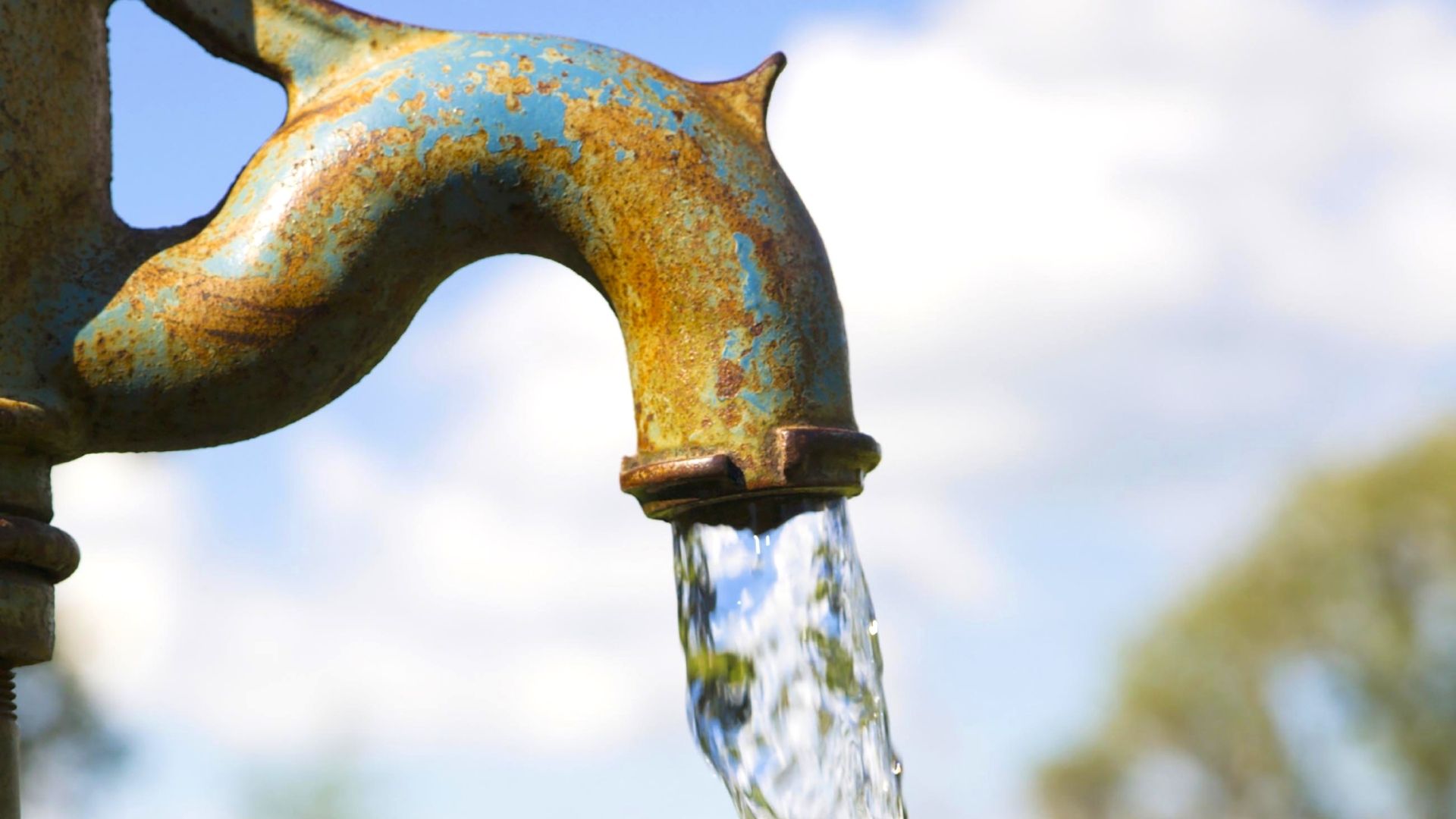7:00AM to 5:00PM
Clogged drains and garbage disposals could mean spending a lot of money on repairs, which can be inconvenient for homeowners. Even when you have cast iron or galvanized steel pipes, you can unclog them on your own; if they are not successfully cleared and start to corrosion, you still have a drain cleaning problem and clogs.
You can try pouring hot water, caustic soda, or a chemical-based drain cleaner down the drain opening of your cast iron pipe, but if it won’t simply flush away, your headache will worsen. Recognizing blocked drain pipes early on is essential to prevent further damage and costly repairs or pipe replacement. And there are ways to spot them.
If you can spot a clogged drain in its initial stages, cleaning it or taking adequate measures is not tricky. You may be able to do it with a few DIY methods involving minimum costs, like habitually pouring hot water into the drain opening or exploring different types of chemical drain cleaners you can use for the hard water and other causes behind the clog. Here, we will discuss the main signs of clogged drain pipes and how to deal with them without calling a master plumber and getting your drain clogged successfully cleared.
So, read on to know more!

If you smell foul water from the drain, it could be caused by clogged plumbing pipes. Waste build-up inside them could cause sticky substances to cling to the walls and harden over time, ultimately blocking the pathway.
The blocked path can become a breeding ground for bacteria, which is very unhygienic. Hence, if you get a terrible smell from the drains, you will likely need to clean them properly.
Slow drainage is another crucial reason that could indicate a clogged drainpipe. This is the most common type of sign you’re going to encounter. If you notice that the water movement down the sinkhole has slowed down, it is best to take action immediately. This applies to sinks, bathtubs, and toilet drains.
Rust is a major reason behind the clogging of drains. Rust roughens and is usually formed because of the ferrous ions present in water. This iron is exposed to saltwater and humid air, which leads to rust build-up in metal drain pipes. One of the most noticeable signs of rust is discoloured water from your taps.
We often throw many things into a drain line, including hair that accumulates in shower drains, leading to drain clogging. Plus, we are all guilty of throwing food in the main sink instead of the garbage bin at one point or another. The simple water movement down a drain can lead to rust formation. Imagine living in older homes with cast iron pipes without regular drain cleaning habits.
All the water through the years you used your kitchen sink, the rust must have accumulated already. And while the rust roughens the walls in your plumbing system, the clogging also begins. And often, no matter how much you pour boiling water— there’s never enough water to clear the clog away.
Usually, we depend on chemical drain cleaners for the drain pipe. Or if not, we turn to natural remedies like pure lemon juice or vinegar mixed with baking soda down the drain opening. However, making some small shifts in your lifestyle can help remove rust from your plumbing systems. You can avoid some significant drain issues only if you take adequate care. Also, cleaning the drain occasionally can lead to lesser rust build-up, which you can flush with or pour hot water. In this section, we will talk about how to maintain the three types of drains.

Remember that you can only flush waste and toilet paper down the drain. Many people throw wipes, feminine hygiene products, and cleaning cloths that are not flushable in the pipes. These are responsible for drain clogging; you may spend a lot of money cleaning them. Plus, they can lead to water build-up in the drain, which can cause rusting.
In kitchens, you may throw food down the sink, which would mean grease and food particles enter the drain. That could lead to clogging over time, which must be avoided altogether. You can only flush down hot water and soap liquid in your drain opening. That would prevent rust from building up as water will not accumulate anywhere.
Nobody likes to stand in a messy shower where the water pools two inches high near the feet. This happens because of slow water movement, which indicates a clogged drain. You can use a filter and place it around the drain for showers.
This should trap the most common blocking culprits, soap, hair, and other particles that flow down. Catch and throw them into the garbage. By doing this, you will have prevented major rust formation and blockage. And you don’t have to worry about the dirty water pooling two inches high on your feet.

This method can be used to reach and collect materials that may clog the drain. You must put the snake drain auger inside the gutter and rotate it as you go inwards.
If you feel any resistance, you must have reached the problem area in your drain pipe. You can then hook the clog and break it down slowly by turning the handle safely and pulling out the auger.
You can easily use a plunger to facilitate water movement down the drain. Place the plunger head in the drain and seal it. Make sure that air cannot escape, and then push down the plunger five to six times to drain the water. For a satisfying additional cleaning, pour hot water, vinegar, or lemon juice into the drain opening and down your drain pipe. You can also opt for a stronger final cleaning solution, chemical drain cleaners.
Natural drain cleaners involve baking soda with vinegar, lemon water, caustic soda, salt, borax, or boiling water. It’s okay if you don’t like using all the remaining chemicals in your cabinet. So, use any of these natural drain cleaners until all the water flows down your pipes. If you’re unsatisfied and want something stronger, you can use the standard chemical-based drain cleaner for your clogged drain, like a calcium lime rust remover. If you opt for chemical cleaning fluids and don’t have any in your house or don’t know what to buy, you can choose between calcium rust removers and other liquids with lye or sulfuric acid. However, please remember to watch out for the warning labels and use all of them carefully so that you do not harm the pipelines.
If you cannot clean the drain by yourself or there is heavy rust build-up in your clogged pipes, you should call a master plumber and professional services to get the job done. The Gold Coast Plumbing Company team has years of experience repairing and replacing rusted pipes. If you would like to speak to a professional plumber about options for your corroded pipeline, please get in touch with us anytime!
Additionally, you can take adequate precautions and keep the cleaned or new pipeline safe. With this, we have reached the end of this guide, and it is time for us to wrap up. Keep pouring enough boiled water down the drain once a week to keep it even cleaner and remove rust.
We’ll see you next time; until then, take care!